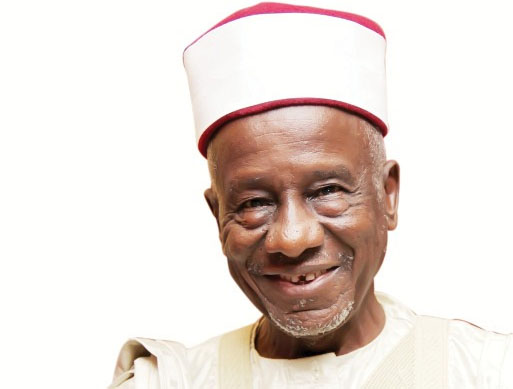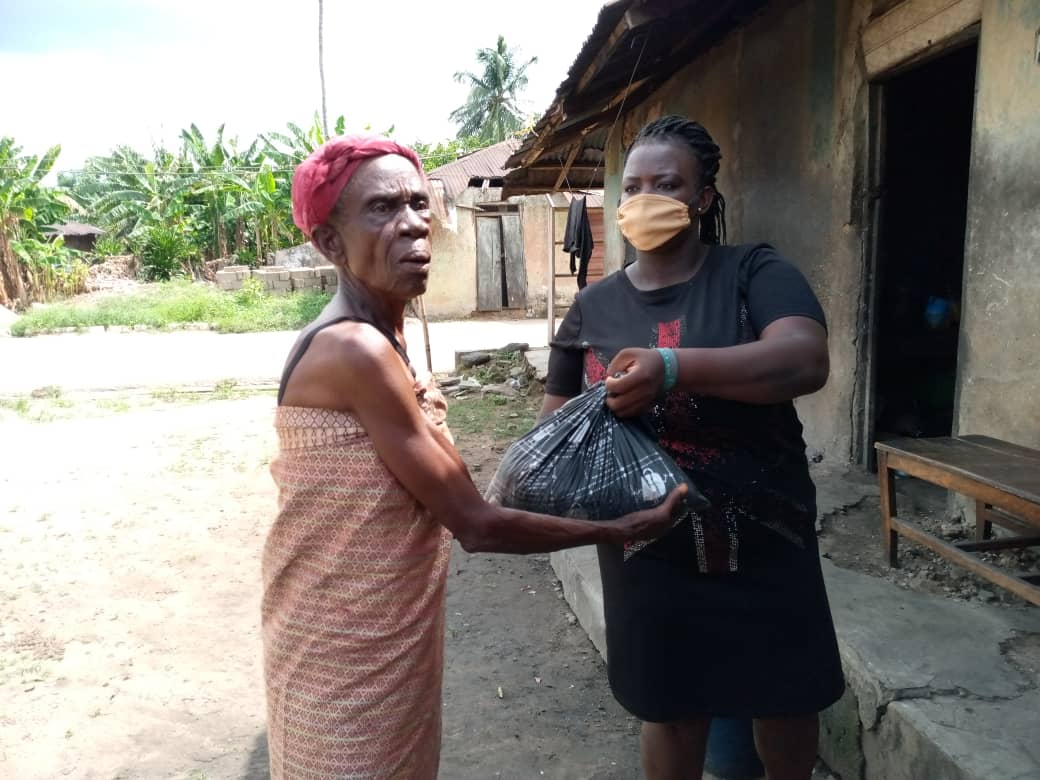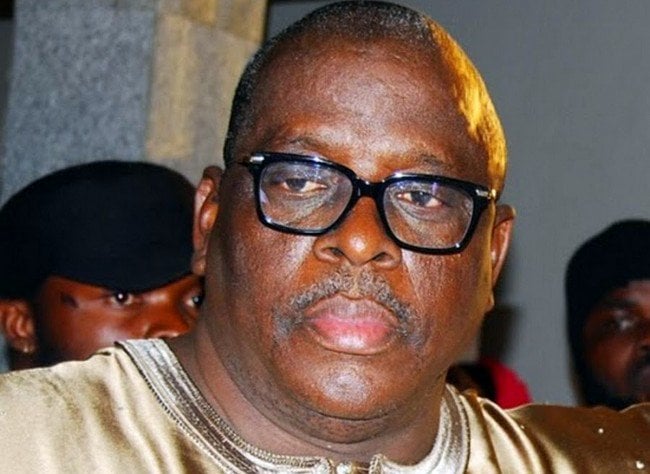Did you know that Dahiru Saleh, a former chief judge of the federal high court, Abuja, took responsibility for the annulment of the June 12, 1993 presidential election?
Although ex-military president Ibrahim Babangida issued the proclamation that officially nullified that election adjudged as one of the most credible Nigeria has ever had, the judge, who died on Thursday, had said he was the person that annulled the exercise, and not the former president.
Speaking with The Interview in 2016, Saleh, who held the title of “Mutawalle” of Katagum emirate in Bauchi state, said there was no influence “whatsoever” from the military regime regarding the judgement he gave, adding: “I was the only judge that sat over it.”
Asked if Babangida had asked him to annul the election, he said: “The former president did nothing of the sort.”
Advertisement
Saleh had ordered then National Electoral Commission (NEC) to halt the release of the election results on the grounds that the election ought not to have been held in the first place.
A Guardian editorial detailed how the judgement was given on the basis of a ruling issued the night before the election by the late Bassey Ikpeme, a high court judge, suspending the electoral exercise.
Excerpts of the interview below
You made the judicial decision to annul the June 12, 1993 presidential elections. Yet most Nigerians lay the blame solely at the feet of former President Ibrahim Babangida, which suggests the judgement might have been a political decision. Did the former (military) president dictate to you or ask you to annul the election?
Advertisement
The former president did nothing of the sort. There were so many cases and I cannot remember all the cases off-hand. There was the case against MKO Abiola and it was before one of my judges; she was Igbo but I can’t remember her name. She started the case, then fell sick and was flown out of the country for treatment. Then there was another case against him (MKO Abiola) and I had to transfer the case from the other judge’s court to my court. During that time it turned that Abiola didn’t even finish the case before he disappeared. Later, I learnt he had been arrested by authorities.
So there was no influence from the government on the judgment you gave?
None whatsoever. I was the only one to judge.
The former president will forever be remembered for the debacle of the June 12, 1993 election. Why do you think people hold him responsible rather than see the annulment as part of a judicial process?
Advertisement
I believe one of the reasons must be that Babangida was very close to Abiola in those days. They were very close and there were so many assumptions regarding the relationship between the two of them. But the point is, in those days, the Yorubas wanted Abiola to become president; he was seen as a kind and considerate man to every Tom, Dick and Harry. Unfortunately, he wanted to be the president but he couldn’t be. While the political blame must be on President Babangida, he (Babangida) did nothing of the sort to stop him, using my court.
Your personal relationship with Babangida is also at play. How long have you known him?
I think I was in service when I first came to know him. I can’t remember the time. But I only came to know him well after his retirement. I was already Chief Judge when he was President. He came and met me there and he left me there. But while he was in office, we had no personal relationship. He was my boss; I was his subject.
There are people who believe you got too close to Babangida and even (late military Head of State, Sani) Abacha. How close were you? Did the circle of people you were with at that time exert an indirect influence on how you managed your court?
Advertisement
None whatsoever. Whenever I wanted to say “hello” to anyone, I just went there to say “hello” and cameback.
There are those who believe the judgment you delivered regarding June 12 was actually an attempt to stop Abiola from becoming president simply because he was a Yoruba, a person from the southwest. Are they right to think so?
Advertisement
They are not right because the case was dismissed in the High Court. If Abiola wasn’t happy with the case, he could have appealed it to the Court of Appeal, to the Supreme Court. The judicial system was still open but he chose not to follow it. Why no one followed up the annulment of the election in the higher courts is best known to members of Abiola’s party at that time. If he, as an individual, was not interested, there must have been other people who would be interested to see the end of the story but they didn’t appeal.
Do you think the political parties that existed then should have taken part of the blame in how events unfolded?
Advertisement
Ask them. You are asking the wrong man.
Looking back, with the crisis that the annulment led to and the ensuing tension between the North and the South, do you think you made a mistake with your judgment?
Advertisement
No, I wouldn’t say that. Anybody not satisfied with what I was doing as Chief Judge could appeal to the Court of Appeal and then to the Supreme Court, simple. And I have no regrets, none whatever. No regrets. I would repeat the same thing now.







